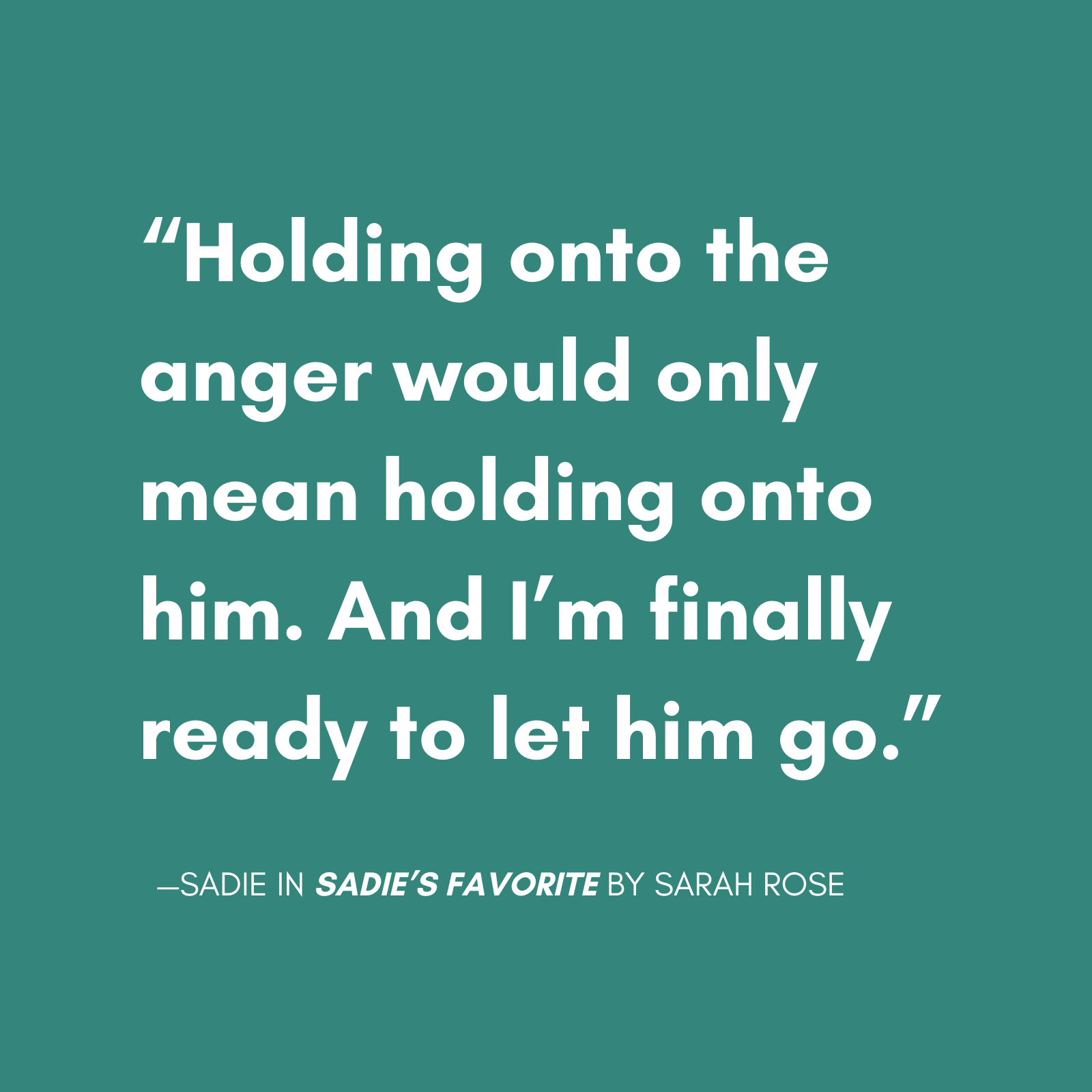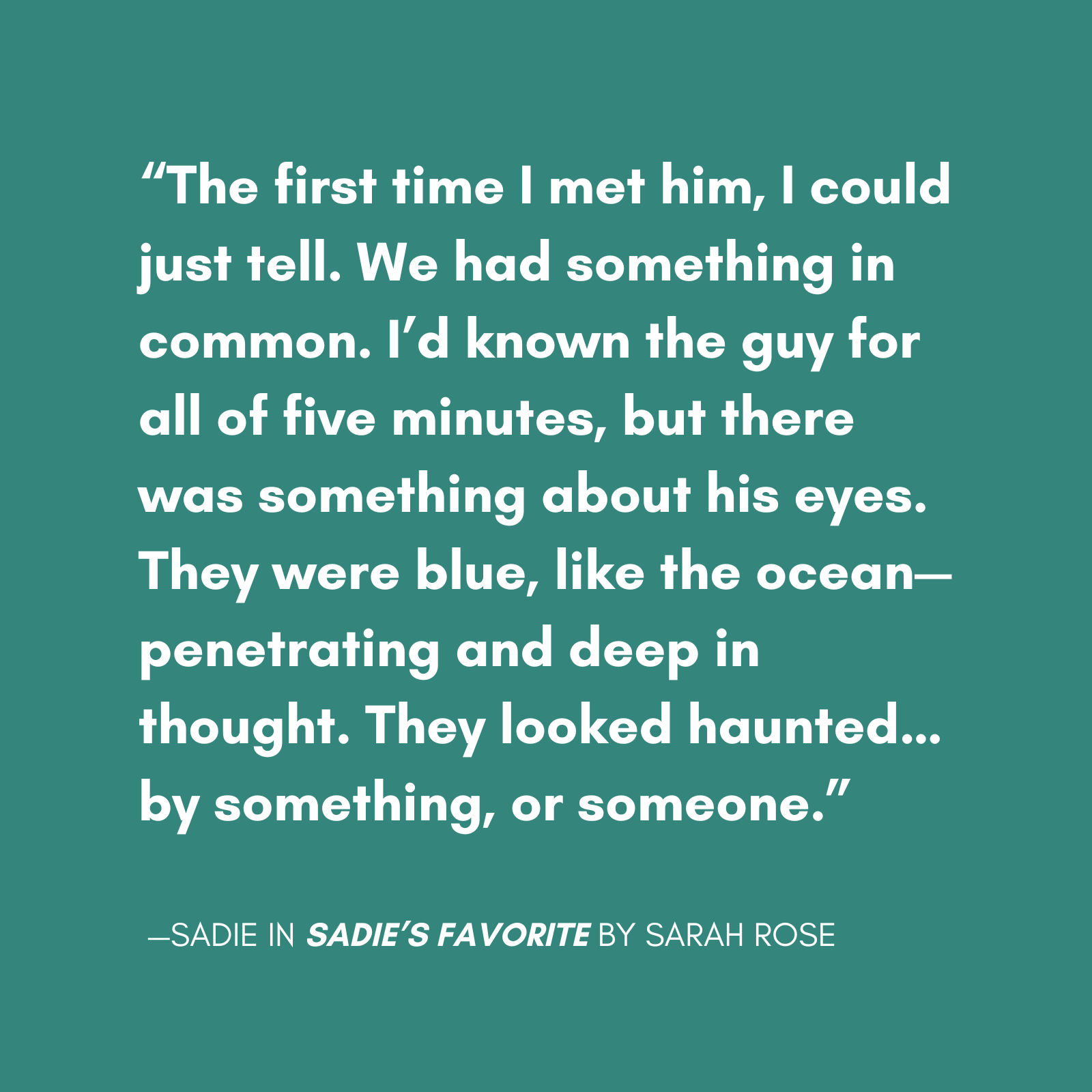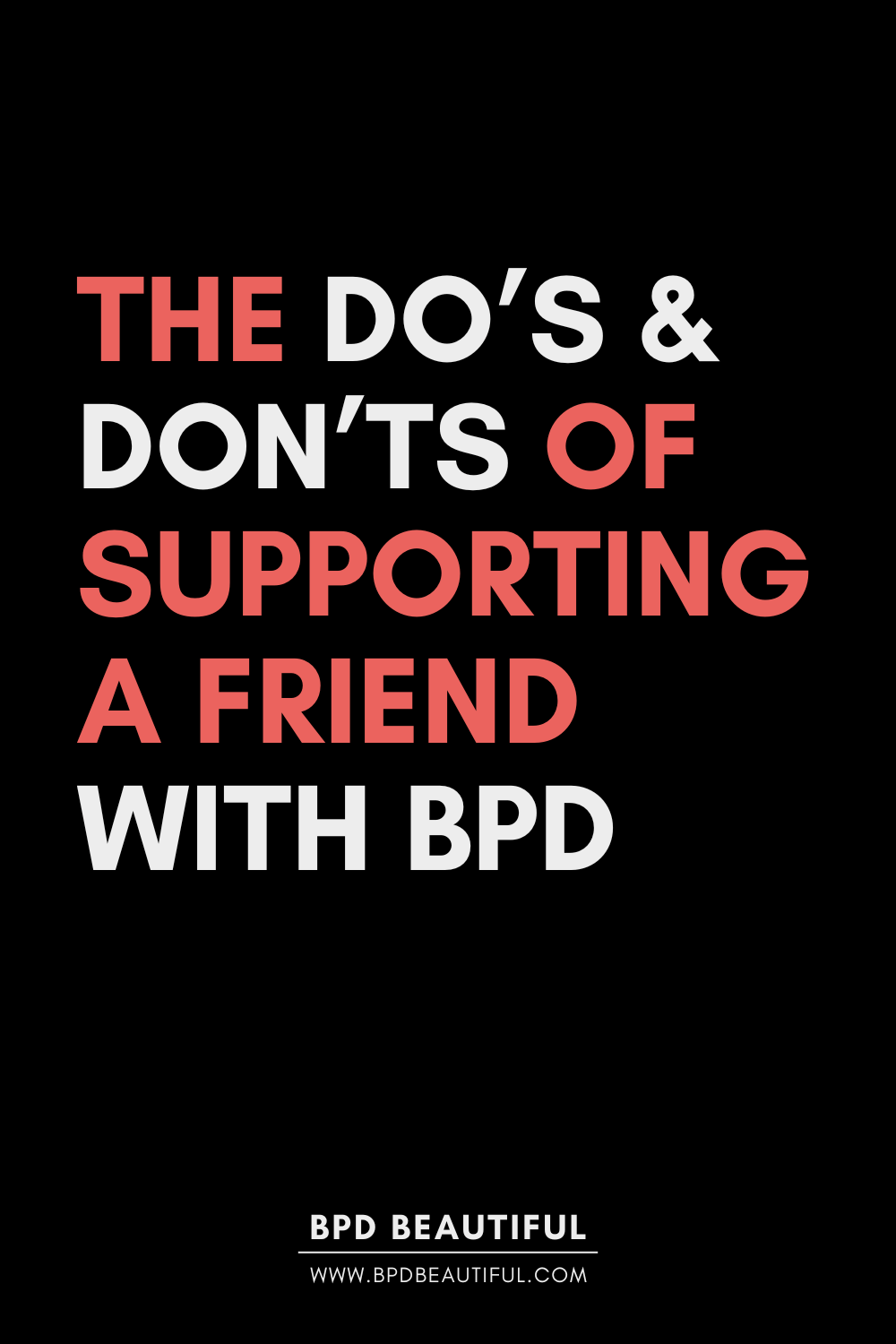All You Need to Know About Helping a Friend with BPD
Having a friend with borderline personality disorder (BPD) can be challenging and difficult, but it’s possible to provide your friend with the support they need. BPD is a serious mental illness that affects how someone interacts with others, manages their emotions and behaves. It’s important to remember that while living with BPD can be incredibly difficult for your friend, there are ways you can help them in their journey of recovery.
In this blog post we will discuss the do’s & don’ts of supporting a friend with BPD. By understanding these tips and tricks you will be able to provide your friend with BPD the best support possible and have a healthy, mutually beneficial friendship.
Understanding Borderline Personality Disorder
Borderline personality disorder (BPD) is a serious mental health condition that affects how an individual interacts with people, manages their emotions and behaves. BPD symptoms can range from an intense fear of abandonment, mood swings and impulsive behavior to extreme feelings of loneliness and shame.
Looking to better understand BPD? Sadie’s Favorite: A Novel + Original Soundtrack explores BPD, trauma bonds, FP relationships and healing after emotional abuse. Click to learn more.
The Do’s & Don’ts of Supporting BPD Friends
Do: Educate yourself
Take the time to educate yourself about BPD. Learn more about BPD symptoms, treatment options, and stories of those who have lived with it. By having a better understanding of it, you will be able to provide your friend with BPD the best possible support.
(Read ‘What Happens During a BPD Episode’)
Don’t: Make assumptions
It’s important to remember that everyone is different and their experiences with BPD may differ greatly. Don’t make assumptions about your friend’s symptoms or experiences based on what you read online or hear in the media. Instead, listen to their story with an open mind and show empathy and understanding.
Do: Set boundaries
Setting boundaries is important for both you and your friend with BPD. You should set limits on how much time and energy you can dedicate to the friendship – be honest, underpromising is better than overpromising. It’s also important for your friend to know what is and isn’t acceptable behavior from you. Be clear and firm with your boundaries to ensure that everyone’s needs are met in the friendship.
Don’t: Enable unhealthy or harmful behaviors
It can be tempting to try and “fix” your friend with borderline personality disorder or give in to their demands, but it’s important to remember that this could be enabling unhealthy behaviors. Instead, you should focus on providing a supportive environment and encourage them to seek professional help if needed or follow the skills they’ve learned in therapy.
Do: Practice effective communication
When communicating with your friend, it’s important to practice active listening and be mindful of your words. By using effective communication strategies, you can help your friend feel heard and validated.
Don’t: Take things personally
It’s important to remember that when your friend with BPD has an outburst or says something hurtful, it’s not necessarily a reflection of how they feel about you. They’re likely responding to overwhelming feelings influenced by BPD. That doesn’t make their behavior okay, but remembering it’s not personal can help prevent you from reacting from your emotional place.
(Read ‘What a Devaluing Split Looks Like for Borderline Personality Disorder‘)



Sadie’s Favorite: A Novel + Original Soundtrack is a character-driven story about BPD recovery, trauma bonds and breaking away from abuse.
Don’t: Allow BPD to be an excuse to abuse
On the flip side, it’s important to remember that while borderline personality disorder (BPD) can cause significant distress and difficulty for the person with BPD, it should also never be used as an excuse to abuse someone. BPD may lead to intense emotions and impulsive behaviors, but these symptoms do not make it acceptable for a person with BPD or anyone else to hurt another individual in any way. Abusing someone is always wrong, regardless of the circumstances.
It’s critical that people with BPD seek appropriate help from mental health professionals who can provide them with effective treatment strategies so they can learn healthy ways of managing their emotions instead of resorting to abusive behavior. Additionally, loved ones need to create safe spaces where those affected by BPD feel accepted and understood without fear of judgement or criticism; this will encourage individuals with BPD to talk openly about anything they are going through without feeling ashamed or embarrassed. Ultimately, understanding the complexities of borderline personality disorder (BPD) is essential in order for us all to support those affected by it appropriately and effectively.
(Note: if your friend with BPD denies their condition and refuses to learn how to manage their BPD symptoms, it’s likely in your best interest to keep your distance or even consider ending the friendship).
(Read ‘Ultimate Guide to Toxic Friendships’)
Do: Seek outside help
If you feel overwhelmed by your BPD friendship, it’s a very close or long term relationship and/or it’s impacting you in a big way—it may be worthwhile to seek professional advice; even if only for a short time. Some mental health professionals are specially trained to provide comprehensive treatment for individuals with BPD. A therapist or counselor who’s educated on current BPD research and treatment options can help you better understand your friend with BPD’s experiences. They can also help you develop strategies to cope with their BPD symptoms. Be sure to vet therapists as some still buy into the stigma or old research, which can be harmful. Additionally, support groups for loved ones can be a great resource for you to connect with others who are going through similar experiences with their BPD friends. You can also seek advice or information in an online support group.
Do: Have patience
Having patience is essential when it comes to supporting a friend with borderline personality disorder (BPD). It can be difficult for your friend with BPD to make changes in their behavior or process their emotions, so having patience will help them feel supported and understood. Remember that recovery from BPD takes time and effort, and that progress isn’t always linear.
Having patience means being understanding of setbacks and helping your friend stay motivated on their journey towards healing. Additionally, try not to put too much pressure on yourself or your friend; take things one day at a time and focus on the progress they have made so far. With the right support system, individuals with BPD can lead happy lives despite its challenges.
Don’t: Shame or belittle their symptoms
When supporting a friend with borderline personality disorder (BPD), it is important to remember that their symptoms are not intentional or something they can easily control. It is never okay to shame or belittle them for their behavior, as this could cause them significant distress and make it harder for them to manage their symptoms.
Instead of shaming your friend with BPD, try to be understanding and provide emotional support in a compassionate way. Let them know that you’re there for them no matter what and encourage them to seek professional help if needed. Understanding the unique struggles they face with BPD can help you become an even better source of support in your friendship.

As a BetterHelp affiliate, we receive compensation from BetterHelp if you purchase products or services through the links provided.
Do: Listen actively
Active listening is an important part of supporting a friend with borderline personality disorder (BPD). Not only can it provide them with emotional support, but it also helps to validate their experiences and feelings. When actively listening, focus on understanding your friend’s words and emotions without judgement or interruption.
Make sure you are giving them your full attention by maintaining eye contact and repeating back what they have said in order to show that you are truly understanding their message. Additionally, try not to give advice unless asked for; instead, provide support by being present in the moment and showing empathy towards their struggles. Active listening is a powerful tool that can help strengthen relationships between friends dealing with BPD.
Don’t: Tell them they’re overreacting or ignore their emotions
When supporting a friend with borderline personality disorder (BPD), it is important to remember that their emotions are valid and should be taken seriously. Telling them they’re overreacting or ignoring their feelings can be very damaging, as it could make them feel invalidated and alone in coping with their symptoms. Instead of downplaying their emotions, try to listen actively and provide emotional support in a compassionate way. This can help your friend feel understood and validated, which will ultimately lead to better mental health outcomes for them.
Do: Validate their emotions
Validating the emotions of a friend with borderline personality bisorder (BPD) can be an important part of providing them with emotional support. Validation involves recognizing and accepting their feelings as valid, regardless of whether or not you agree with them. It is about understanding that their experience is unique to them and should be respected. This kind of empathy shows your friend with BPD that you are listening and taking into account their perspective on things, which can help foster trust in the relationship.
Additionally, validating your friend’s emotions can help reduce any negative self-talk they may have about themselves or their experiences. By showing compassion towards your friend’s feelings, it will make it easier for them to open up and discuss difficult topics without fear of judgement or criticism. Ultimately, validation is an essential part of creating a safe space for yourself and your BPD-diagnosed friend to talk openly about anything they are going through.
Don’t: Disappear during hard times
When supporting a friend with borderline personality disorder (BPD), it’s essential to be there for them during difficult times whenever possible. Disappearing when they’re struggling can make them feel abandoned. It can be hard to stay present in the relationship if your friend’s behavior becomes overwhelming so when you do need space, communicate that need and set appropriate boundaries in a loving way while also reassuring them that you still care and will be back once you’ve had some time.

Do: Offer reassurance
Offering reassurance is an important part of supporting a friend with borderline personality disorder (BPD). Reassuring your friend can help them feel more secure in the relationship and trust that you are there for them. It also helps to reduce their feelings of distress and isolation, as well as any negative self-talk they may have about themselves or their experiences.
When offering reassurance, it’s important to be honest and genuine; don’t try to offer false promises or platitudes. Instead, focus on providing emotional validation and showing empathy towards your friend’s struggles. By doing this, you will create a safe space for both of you to openly discuss anything they are going through without fear of judgement or criticism. Ultimately, offering reassurance is an essential part of being a supportive source in BPD friendships.
Maintaining Boundaries with a Friend with BPD
Having a friend with borderline personality disorder can be a challenging and difficult experience. But by understanding the condition, setting boundaries, and practicing effective communication strategies—you can provide them with the best possible support and possibly have a mutually beneficial friendship (as long as they are not in denial of their condition and are actively working on maintaining their BPD symptoms). Remember that while living with BPD can be incredibly difficult, there are ways you can support your friend in their journey of recovery and strengthen your BPD friendship together.
Above all, remember to always take care of yourself. This means remembering to enforce your boundaries and limitations – you can’t be a support person to anyone without first taking care of yourself. Taking care of your mental and physical health is just as, if not more, important as supporting your friend. Reach out for support if you ever feel overwhelmed or need someone to talk to. With the right tools, you can both lead healthier and happier lives.
A Closer Look at BPD
Sadie’s Favorite: A Novel + Original Soundtrack explores BPD recovery, favorite person relationships and healing from trauma bonds.
BPD Resources
BPD in Fiction: Sadie’s Favorite is a Novel + Original Soundtrack, that touches on BPD, favorite person (FP) relationships, healing after abuse, parenting and more. Written by Sarah Rose, creator of BPD Beautiful. Soundtrack performed by Them vs. Her.
BPD Coaching: Tackle your recovery goals and get support by booking a session with Sarah Rose.
Get 20% off your first month of BetterHelp. Get matched with a licensed therapist within 48 hours. Subscriptions as low as $65/week, billed every 4 weeks. Cancel anytime.
Manage your BPD symptoms with a printable workbook.
See our recommended list of books about BPD.
Start a Discussion
Do you have a friend with BPD that you’re trying to support or BPD friendships that you need help maintaining? Share your experience in the comments!
Pin This Post
Liked this post? Please help support BPD Beautiful and spread BPD awareness by pinning it on Pinterest.







